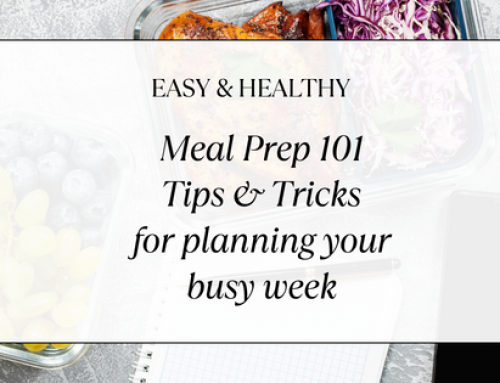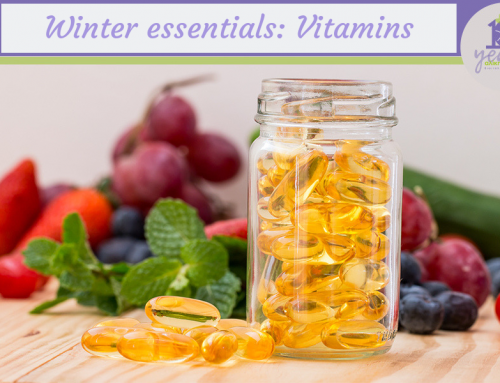World Health Day, celebrated on 7 April every year to mark the anniversary of the founding of WHO provides us with a unique opportunity to mobilize action around a specific health topic of concern to people all over the world.
This year’s (2017) theme is “Depression: Let’s talk” and its main focus is to provide a better understanding of what depression is and how it can be prevented and treated. Hopefully, this will help reduce the stigma associated with the condition and lead to more people seeking help.
Depression affects people of all ages, from all walks of life, in all countries. It causes mental anguish and impacts on people’s ability to carry out even the simplest everyday tasks, with sometimes devastating consequences for relationships with family and friends and the ability to earn a living. At worst, depression can lead to suicide, now the second leading cause of death among 15-29-year old. (Source: http://www.who.int/campaigns/world-health-day/2017/event/en/ )
Eating your way to a better state of mind
Is it possible to eat our way to a better state of mind? Well, the fact is that making certain changes to our diets might help.
Our brain is a very complex organ AND so are the foods we eat AND so is the way our bodies interact with those foods.
Some nutrients seem to be linked to brain health more than other. For example:
- Omega 3 fatty acids (fish, nuts, seeds) provide building blocks for healthy brain development and function and thus have been explored for their potential role in preventing everything from ADHD to Alzheimer’s.
- B vitamins (meat, eggs, seafood, green leafy vegetables, legumes and whole grains): Studies have shown that a deficiency in B vitamins (particularly B12) can be linked to depression, though it is unclear why.
- Vitamin D (sun exposure, fortified breakfast cereals, bread, juices, milk) is required for brain development and function. Deficiency of this “sunshine vitamin” is sometimes associated with depression and other mood disorders.
- Selenium (cod, Brazil nuts, walnuts, poultry) is an essential mineral ( i.e. we have to get it from food). Among its various roles, selenium works with other nutrients to create antioxidant balance in our body’s cells. Many studies have shown a link between low selenium and depression, but this mechanism is unclear as well.
- Tryptophan (protein sources including turkey, beef, eggs, some dairy products, dark, leafy greens) is an amino acid and a precursor to serotonin (the “happy – hormone”). It’s not well understood, but low tryptophan seems to trigger depressive symptoms in some people who have taken antidepressants.
Foods to boost your mood
So here is my list of some of the healthiest foods for a better mood that will fix you up without filling you out.
- Walnuts: Add them in your morning oats with some honey and yogurt (always a favorite of mine), use them in your salads for a bit of crunch or just munch one or two as a snack during the day.
- Avocado: Have you ever tried to make an avocado – chocolate mousse/pudding? Well I can assure you is one of the tastiest and healthiest desserts you can try…and it will surely put a smile on your face!
- Berries: Not much to say here except “Berries and banana smoothie” a combination that wins every time.
- Mushrooms: In soups, salads or grilled in a sandwich, mushrooms are perfect for every meal.
My list of “happy foods” could go on and on (forever). Tomatoes, seeds, beans, apples, dark leafy greens, onions etc. But I should probably stop here for now.
Tell me what are your go-to “happy” foods? I would love to hear them!!!
Aliki






